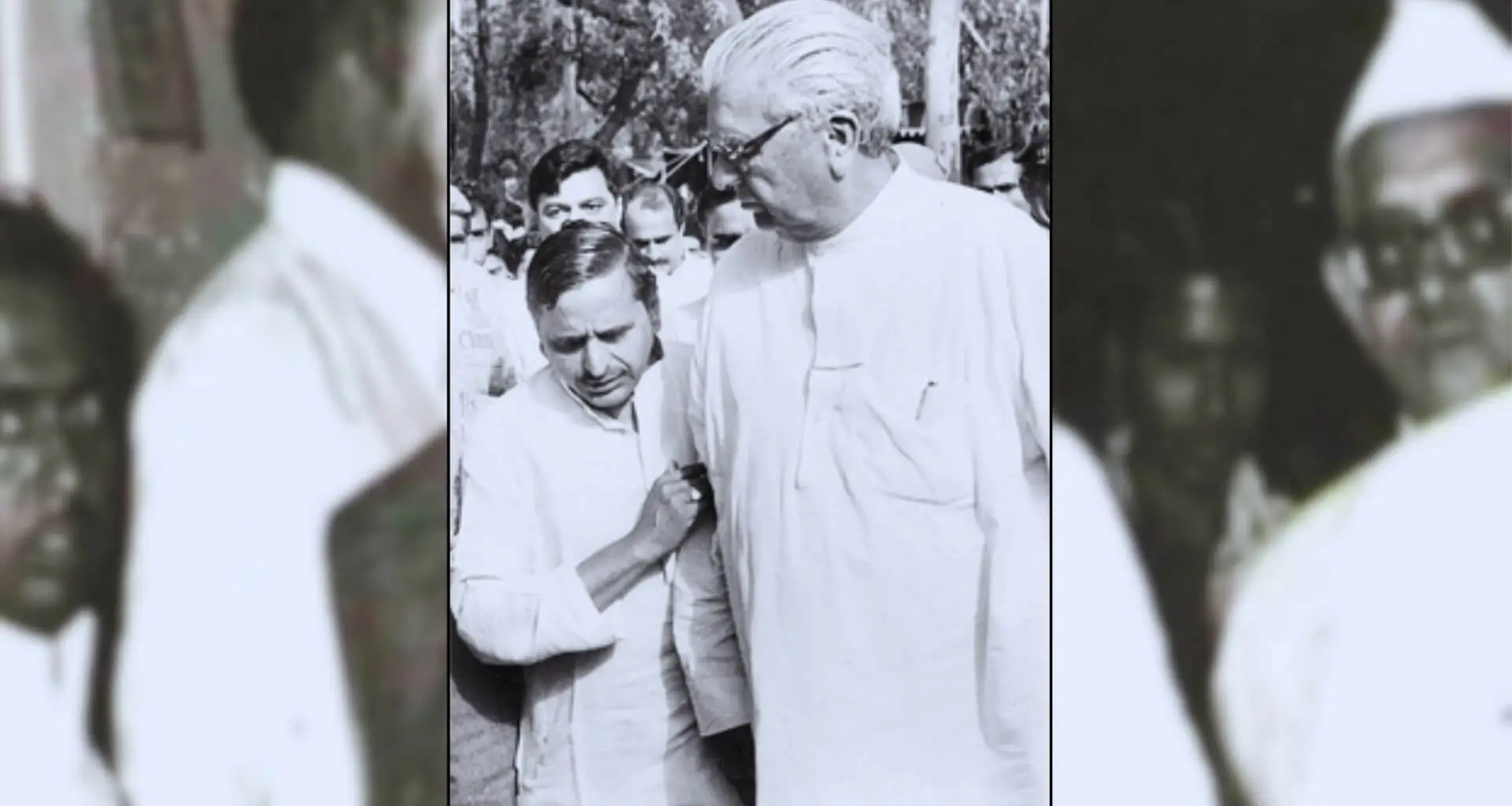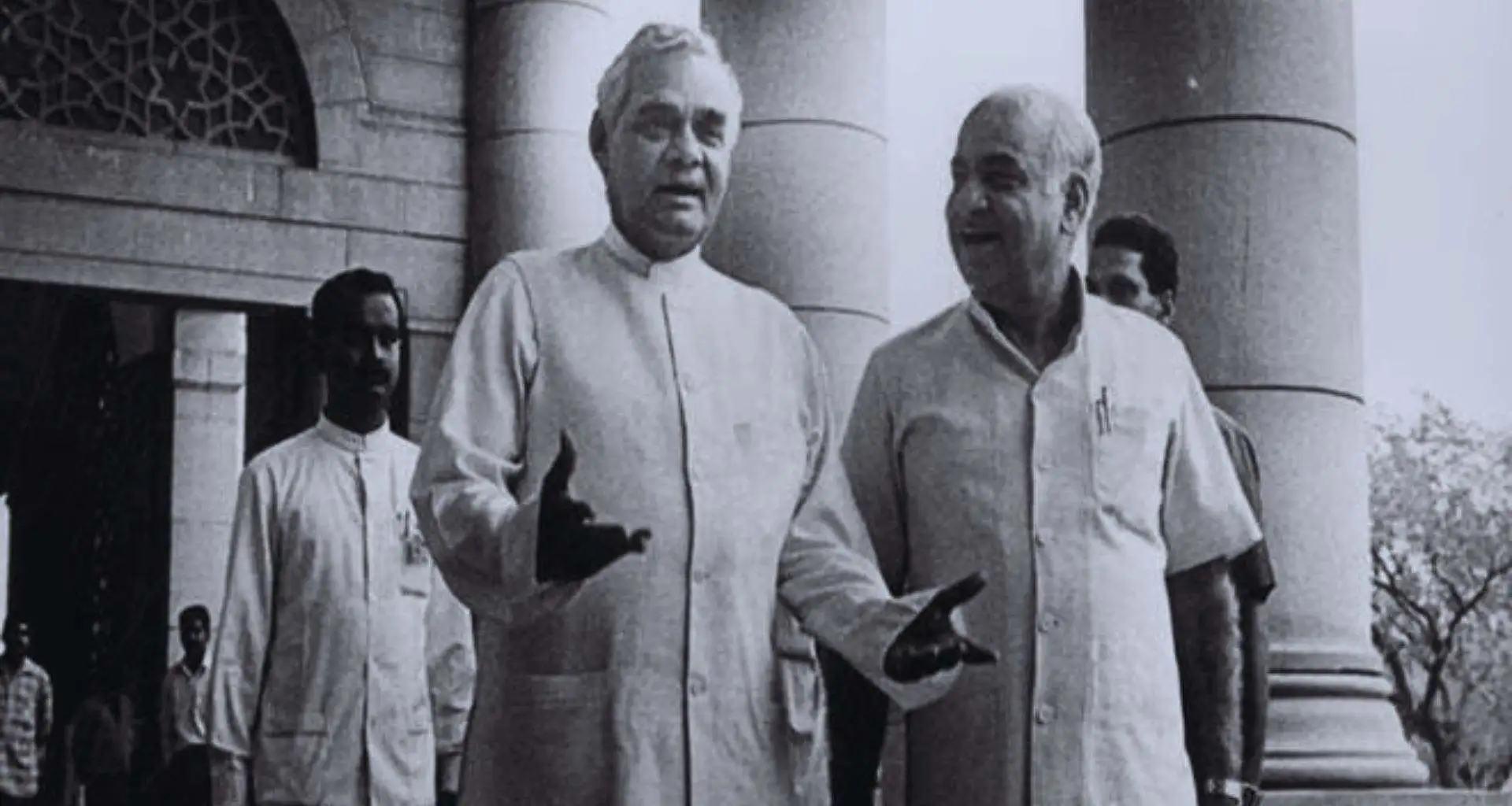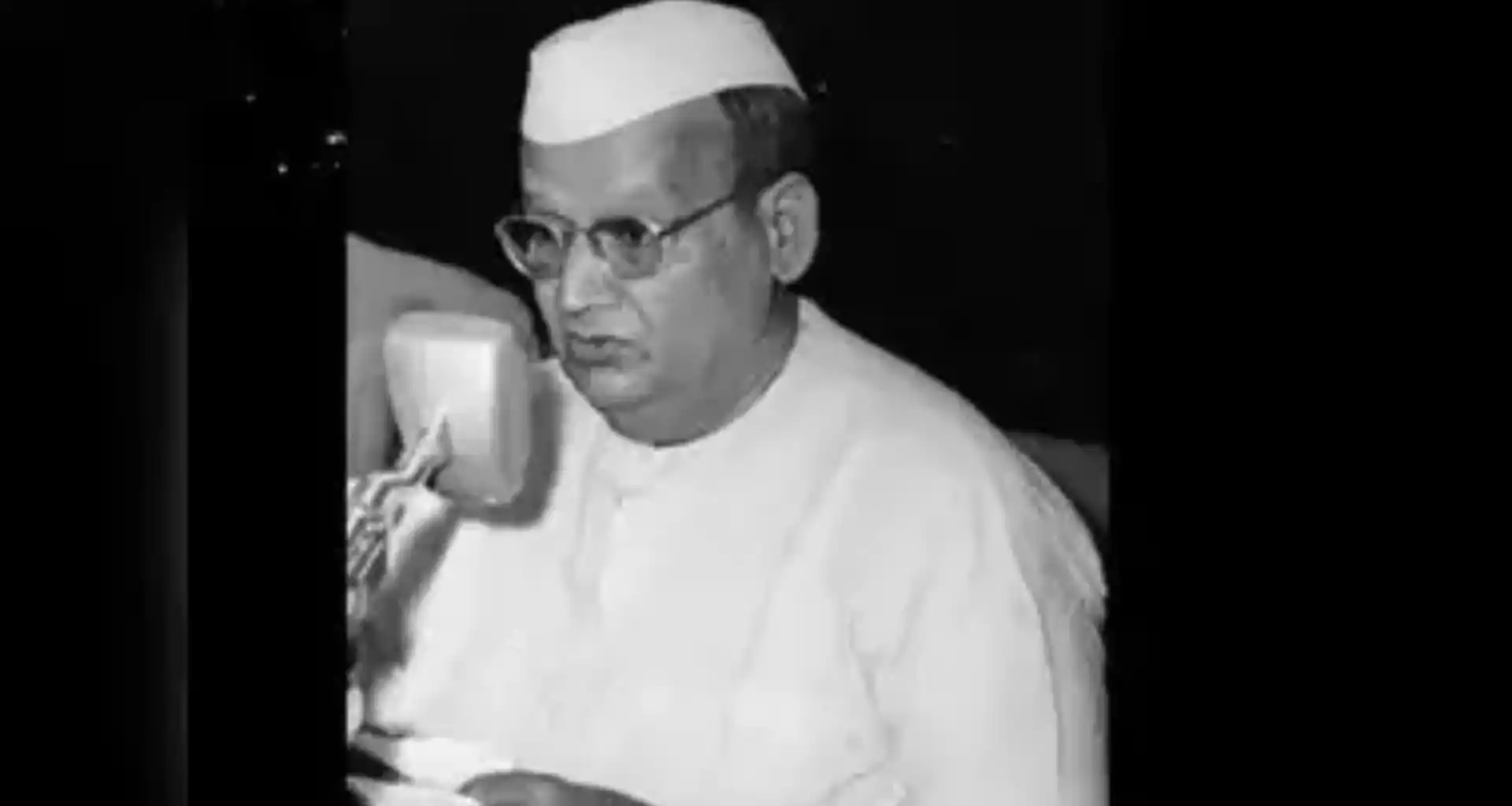Chaudhary Brahm Prakash Yadav (1918-1993) is a name known for simplicity and commitment, the first Chief Minister of Delhi and a freedom fighter. His efforts in the independence movement and contributions in the short span of India’s independence are enough to speak for him as one of India’s greatest personalities. This journey from being a freedom fighter to becoming the youngest CM of Delhi is proof of his sincere commitment to the service of the people.
Early Life and Family Background
He was born on June 16, 1918, in Nairobi, Kenya, as Chaudhary Brahm Prakash. The family traced its existence to a humble background. The father Chaudhary Bhagwan Das Yadav was also a well-known landlord. They had their ancestors in Rewari, district of Haryana, then part of undivided Punjab. In a migration to Kenya, the family shifted for improved future promises.
At the age of 13, he returned to India along with the family and settled in Shakurpur village, Delhi. Such was the conditions and the newly set circumstance that instilled discipline and a feeling of compassion into the mind of Brahm Prakash. His refusal to use a surname, coming from a very prominent Yadav family, proved his attempt to break social hierarchies.
Education and Influences
Brahm Prakash continued his education after coming to Delhi. The principles of Mahatma Gandhi, which influenced him in his decision to participate in the freedom movement, had a huge impact on his thinking. Other leaders like Jawaharlal Nehru and C.K. Nair only strengthened his political ideology.

Role in India’s Freedom Movement
Brahm Prakash was actively associated with the Quit India Movement, one of the most decisive periods of the Indian war of freedom from the British. He operated underground in Delhi, coordinating resistance to British authority. Involvement in the alleged actions has led to arrest and imprisonment of the person several times.
His strong commitment to revolutionary activities led to his imprisonment for a period of two years in 1943. With regard to his release from Delhi’s Central Jail and Ferozepur Jail, he continued to stand firm to the cause of India’s independence. After his release, he deliberately broke all rules and restrictions imposed by his British persecutors.
Entry into Politics And Delhi’s First Chief Minister
Post-Independent Brahm Prakash was an active figure in Indian politics. Upon joining the Indian National Congress, he was instrumental in the political affairs of Delhi. The Delhi Legislative Assembly held its elections for the first time in 1951, and what an history it was: Congress came to power by winning 39 out of 48 seats. Initially Lala Deshbandhu Gupta was chosen to be Delhi’s first Chief Minister, but suddenly he passed away before taking oath of office, and hence it was Brahm Prakash who was elected to lead the Congress Legislative Party.
The oath was administered to Brahm Prakash as the first Chief Minister of Delhi on March 17, 1952, when he was only 34 years of age and thus he became, at that time, the youngest Chief Minister in India. From then on, he remained in office until February 12, 1955.
Governance Style and Achievements as Chief Minister
Brahm Prakash was widely regarded for his pro-people style of governance. His government was basically to take care of the common man. Other significant highlights of his governance were:
- Accessibility: He kept a close touch with the common people by regularly traveling by buses. This practice allowed him to hear directly from the citizens concerning their grievances.
- Rural Welfare: Brahm Prakash promoted rural development by forming cooperative societies believing that with the cooperation of the government, these cooperatives could abrogate issues with poverty, unemployment, etc., threatening village survival.
- Promotion of Panchyati Raj: He vehemently advocated decentralized governance. His endeavours to strengthen the Panchyati Raj institutions provided the basis for local government empowerment all across India.
- Infrastructure Development: During his time, Brahm Prakash worked for the improvement of basic infrastructure in Delhi, such as housing, water supply, and public transport systems.
Challenges in His Tenure
Brahm Prakash, despite an extremely progressive vision, encountered a number of challenges as Chief Minister of Delhi:
- Limited Powers of the Delhi Assembly: Legally, Delhi had at that time a limited legislative field. The legislative powers of the Assembly were curtailed after the establishment of the Delhi Metropolitan Council in 1956, thus confining the assembly mostly in an advisory capacity.
- Party Conflicts: As a Congress leader, Brahm Prakash had to fight the plague of dissent in and out of the party with their own ranks within the legislative assembly.
Post-Chief Ministerial Contributions
Brahm Prakash involved himself in Indian politics after he demitted office as Chief Minister. He contributed to the following achievements in the post-Chief Ministerial period:
Member of Parliament:
- Lok Sabha from Delhi Sadar in 1957.
- Outer Delhi in 1962 and 1967.
- Outer Delhi again in 1977 as Member of the Janata Party.
- Union Minister: As a Union Minister in the Cabinet, held portfolios such as Food, Agriculture, Irrigation, and Cooperatives, with policies directed toward ensuring food security and farmers’ advancement through agricultural reforms.
- Formation of the National Union of Backward Classes: In 1977, he formed this organization to fight for the rights and welfare of Scheduled Castes, Scheduled Tribes, and Minorities.
- Advancement of Cooperatives: Working with Dr. Verghese Kurien, Brahm Prakash was also instrumental in advocating for cooperative businesses that would lessen government interference in cooperatives, which later evolved into the contemporary Producer Company model.
Traits and Leadership
Brahm Prakash was a simple man, humble to the core. He avoided ostentatious living and chose to live like an ordinary citizen of society, even whilst occupying high offices. His preference for using public buses instead of official cars to be in direct contact with ordinary citizens highlighted his commitment to public service.
Read More: Sushma Swaraj: A Trailblazer in Indian Politics and Diplomacy
Death and Recognitions
Brahm Prakash passed away on August 11, 1993, at 75 years old. The year of his death saw the first full-fledged Legislative Assembly established in Delhi, a dream he harbored for long. The Government of India issued a stamp commemorating him in 2001.
Legacy and Influence
Chaudhary Brahm Prakash Yadav leaves an everlasting legacy through his ventures into Indian politics and society. Some key highlights regarding his continuing impact are:
- Promotion of Cooperative Movements: Continues to promote cooperatives and uplift rural communities across India.
- Empowerment of Marginalized Groups: His work towards backward classes, minorities, and rural populations constituted a precedent for future welfare programs.
- Inspiration for Future Leaders: His life stands as a precedent for selfless service and effective leadership, inspiring politicians and social workers for generations.
- An Architect of Modern Delhi: As the first Chief Minister, Brahm Prakash laid the groundwork for Delhi’s growth and development, giving it a vision that still influences the city.
Conclusion
Chaudhary Brahm Prakash Yadav was more than a political leader; he was a freedom fighter, reformer, visionary, and man of the people. His journey, starting from a young revolutionary from the independence movement to becoming Delhi’s first Chief Minister, is a testimony to his commitment to the nation and its people. Rural development, cooperative societies, and the empowerment of weaker sections are the specific areas he campaigned for, which carry relevance in today’s scenario.


